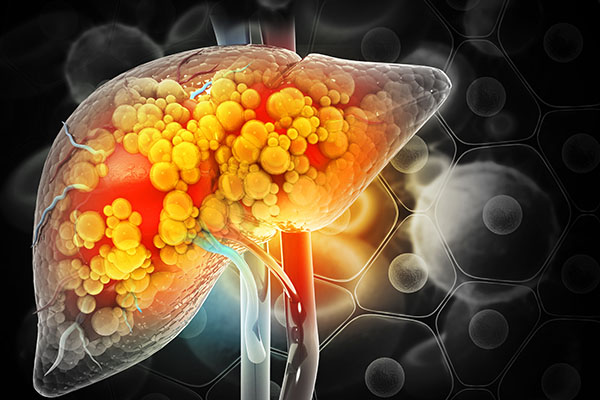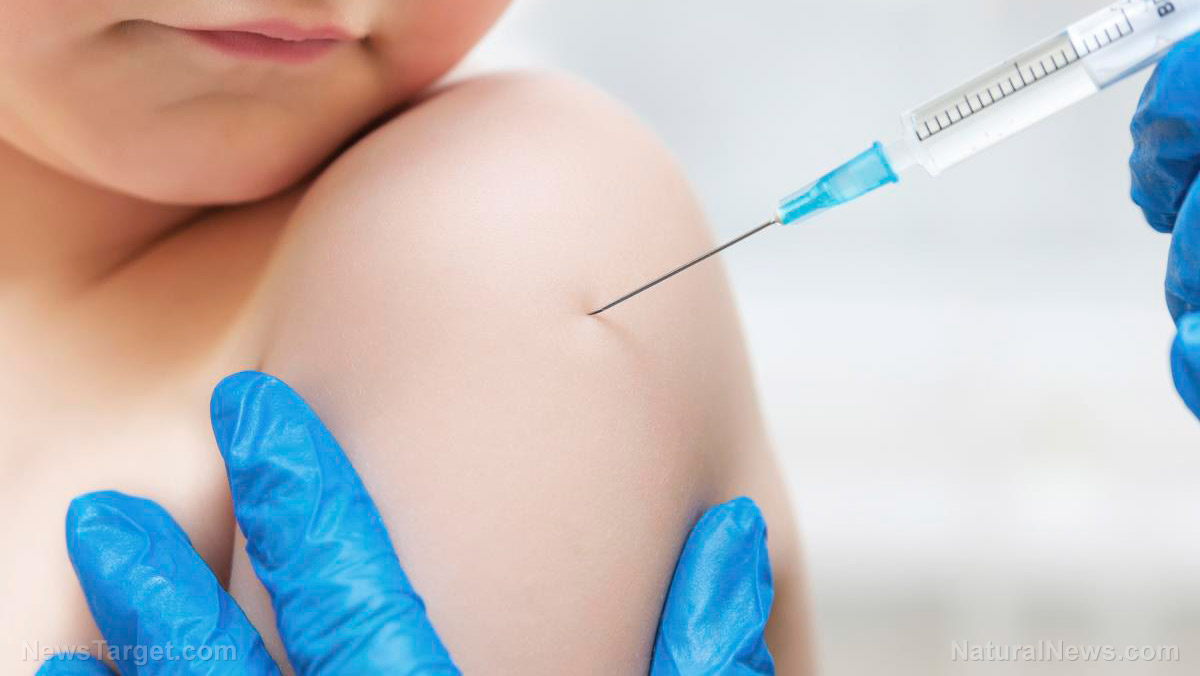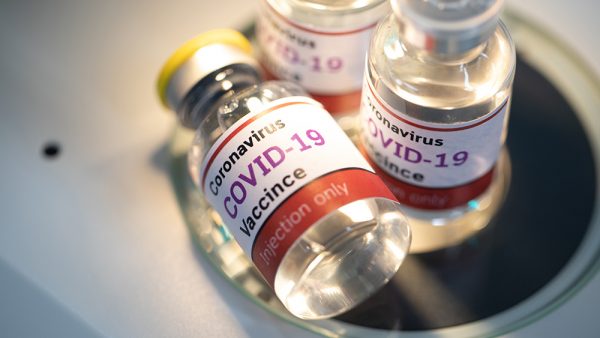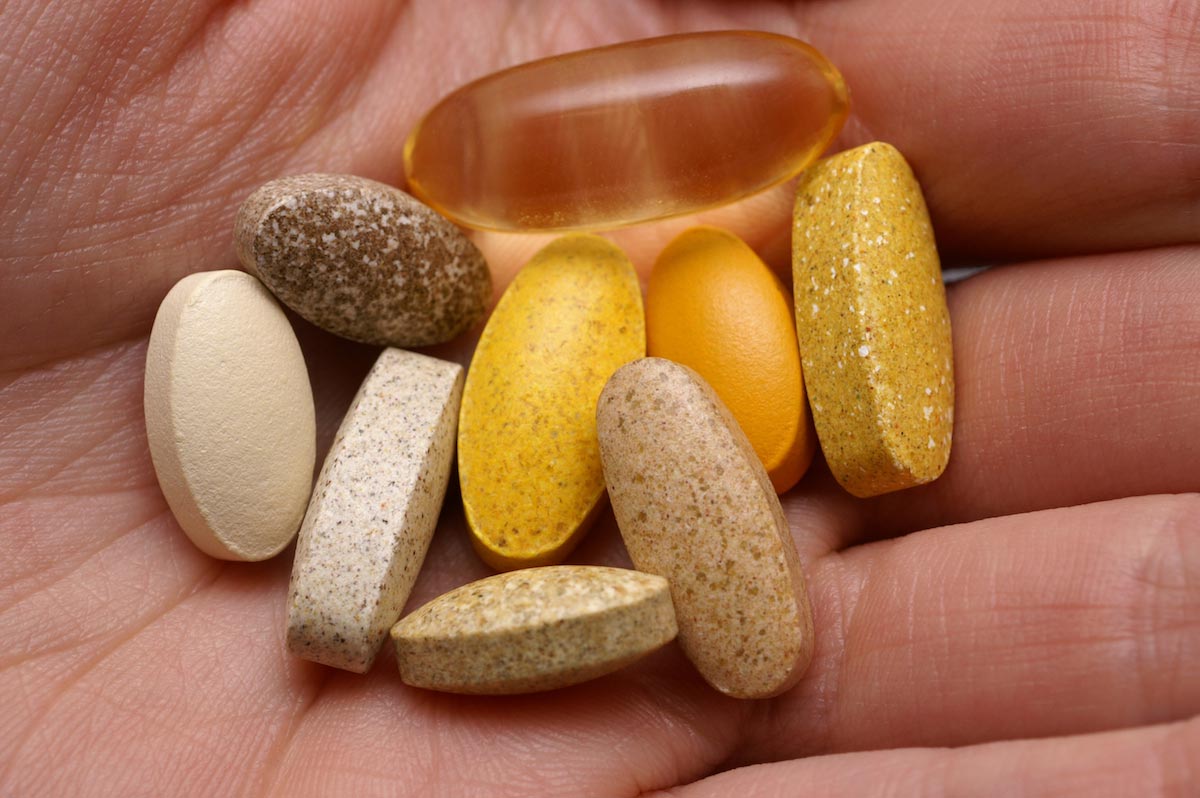 Parler
Parler Gab
Gab
- The global burden of liver cancer is high and rising: about 870,000 new cases are reported worldwide, and the incidence is projected to nearly double by 2050.
- Alcohol consumption is a primary driver: Ethanol and its byproduct acetaldehyde cause oxidative DNA damage, overwhelm repair mechanisms and promote cirrhosis – a common precursor to liver cancer.
- Metabolic and dietary factors such as abdominal obesity, high intake of processed fructose and gut microbiome imbalances stress the liver, increasing the risk of fatty liver disease and eventual cancer.
- Chronic hepatitis B and C infections contribute significantly, as viral persistence disrupts cell growth regulation and the immune response further damages liver tissue, creating a fertile ground for cancer to develop.
- Because liver cancer develops over many years – progressing through stages of injury, scarring and cirrhosis – there is a window for prevention and intervention via lifestyle changes, early detection and treatment of underlying conditions.
Protect the liver before it's too late
Preventing liver cancer is more effective than treatment, as the disease typically develops slowly, providing opportunities for intervention. Key preventive measures include:- Reducing alcohol consumption: Limiting alcohol intake can significantly lower the risk of liver cancer. Public health policies and open conversations about the risks of alcohol are essential. Individuals are encouraged to recognize potential problems with alcohol and set realistic goals to reduce intake.
- Maintaining a healthy diet: A balanced diet can help reduce fat in the liver and protect against metabolic damage. The Mediterranean diet, rich in fruits, vegetables, whole grains and healthy fats, has been shown to improve liver and metabolic health. Omega-3 fatty acids, found in fatty fish and certain seeds, can reduce inflammation and scarring in the liver.
Dr. Joel Fuhrman’s “3 Steps to Incredible Health” offers a science-backed path to lifelong wellness
By Belle Carter // Share
COVID-19 vaccine mandates abandoned after worker uprisings and 27% higher cancer risk findings
By Patrick Lewis // Share
Majority of parents want childhood vaccine schedule reviewed as trust in CDC crumbles
By Cassie B. // Share
New research finds common vitamin can cut skin cancer risk by more than HALF
By Cassie B. // Share
Plastic bottles may degrade over time, raising microplastic risks for long‑stored water
By Patrick Lewis // Share
Governments continue to obscure COVID-19 vaccine data amid rising concerns over excess deaths
By patricklewis // Share
Tech giant Microsoft backs EXTINCTION with its support of carbon capture programs
By ramontomeydw // Share
Germany to resume arms exports to Israel despite repeated ceasefire violations
By isabelle // Share










